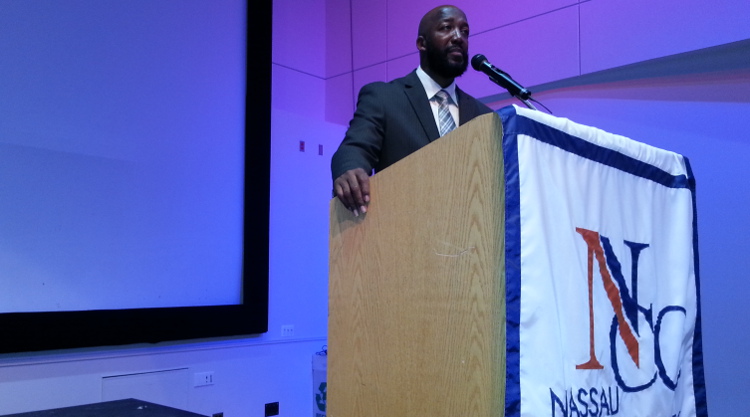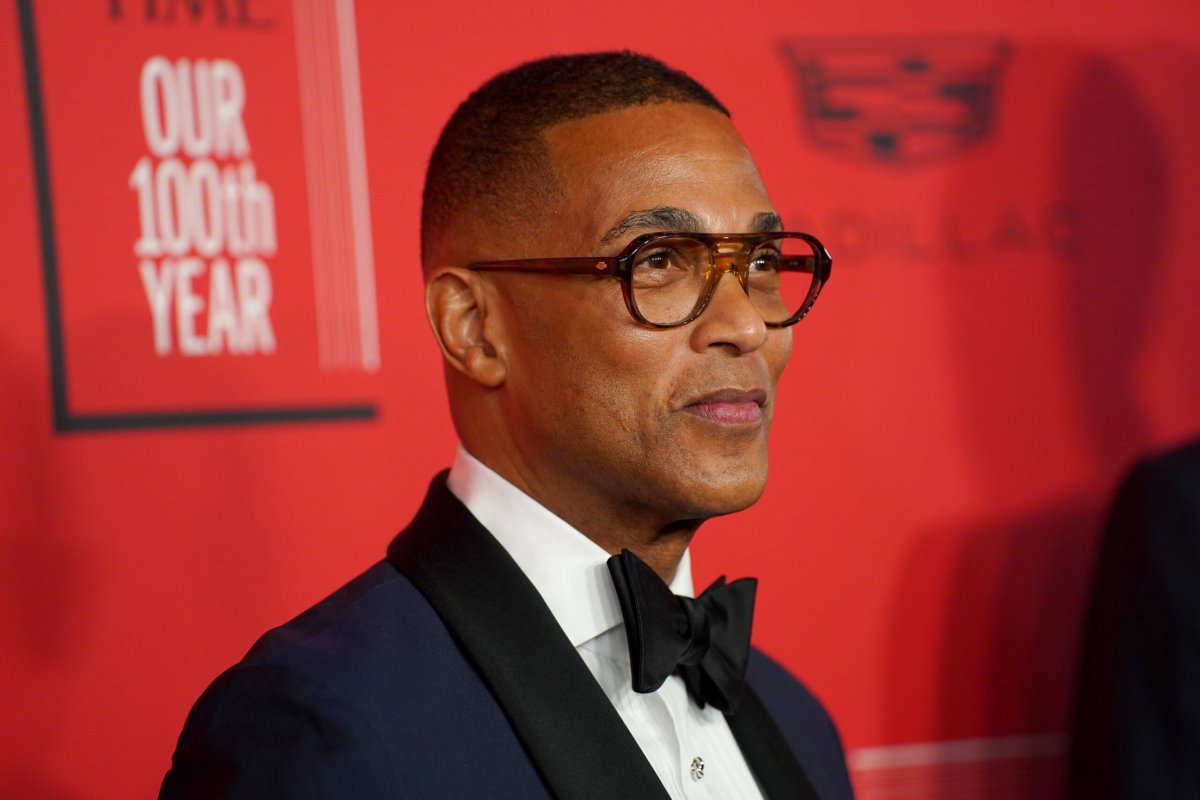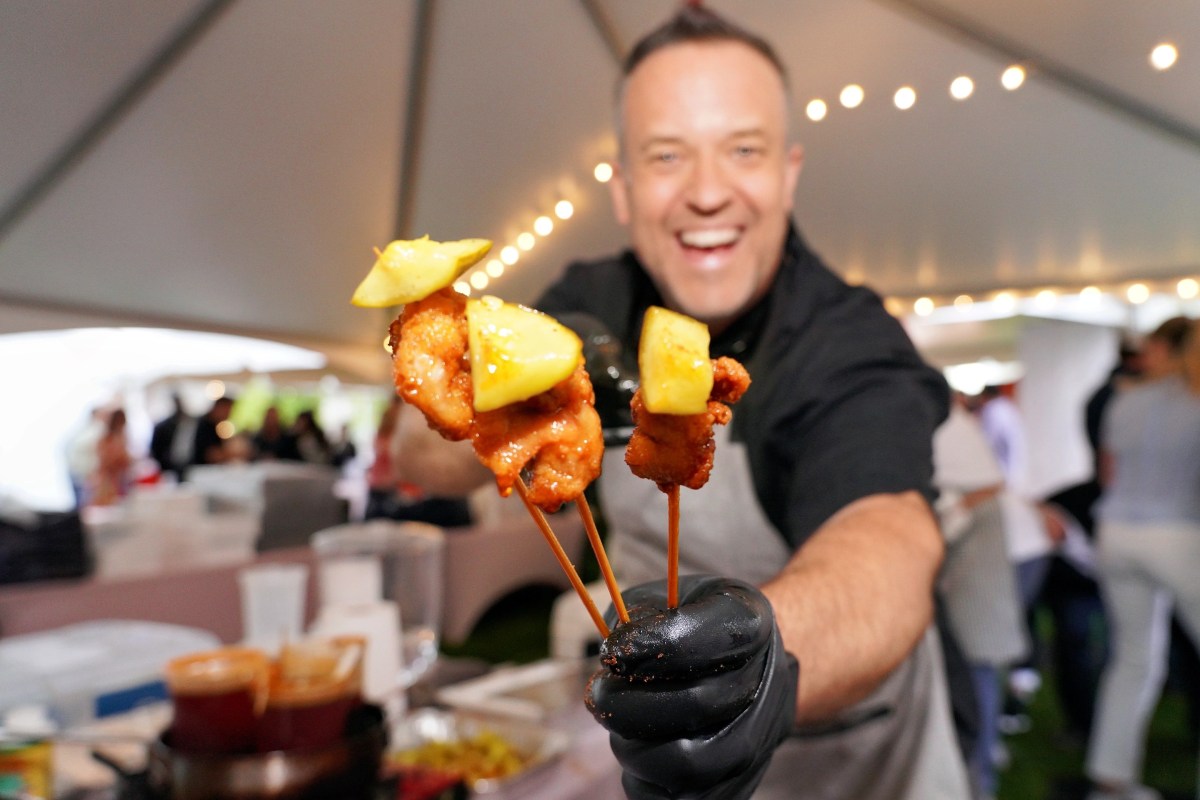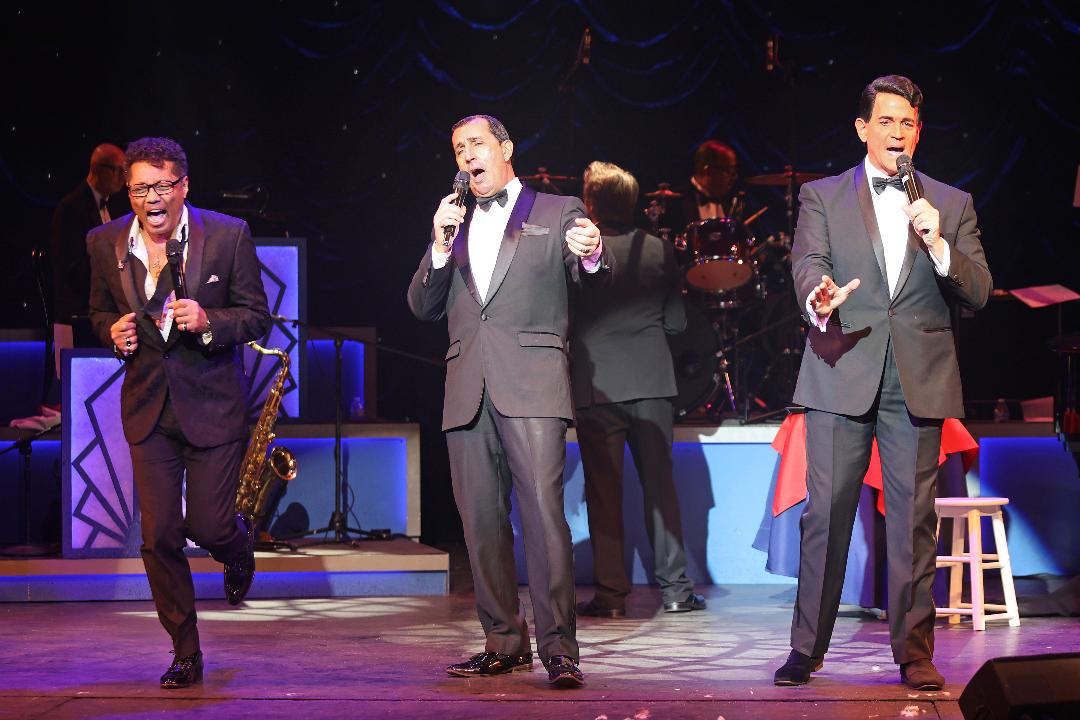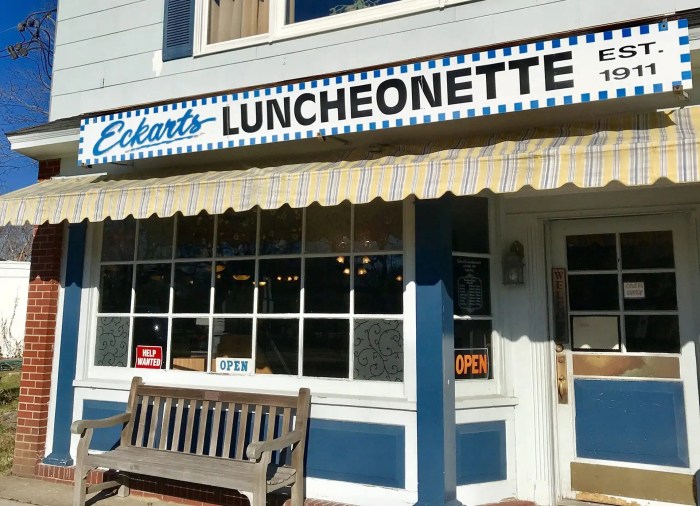The heart-wrenching report Tracy Martin received from authorities in the immediate aftermath of his son’s death consumed him with a devastating combination of emotions that few can relate to: unbearable grief and seemingly uncontrollable anger.
The bullet fired by neighborhood watchmen George Zimmerman on the night of Feb. 26, 2012 in Sanford, Fla., punctured Trayvon Martin’s chest, piercing his heart, authorities told him. The gunshot also caused both his son’s lungs to collapse.
Thoughts about his upbringing in a gang-infested East St. Louis in Illinois, which had a population of nearly 99-percent African Americans, and was mostly dominated by two rival gangs, filled his mind. Youngsters were forced to pick a side.
“The mentality,” he said, “was eat or be eaten.”
“I could’ve called all bets off,” he recalled thinking after the fatal shooting. “Let’s have a riot.”
“But the greater part in me…the spiritual part in me told me that I was going to end up in jail, property was going to be destroyed, and my son was still going to be dead,” he added.
Speaking to Nassau Community College students on Wednesday, Martin, now 45, reflected on his son’s emotionally-charged case, his commitment to transforming his son’s tragedy into change, preaching the importance of education and overcoming adversity.
His speech was dominated by musings about self-respect and harnessing potential, rather than dedicating the entire hour to his son’s death—which sparked rallies across the country two years ago after the local police department initially decided not to charge Zimmerman with a crime. He was eventually arrested, and last July, a Florida jury found Zimmerman not guilty of murder. The verdict also triggered nationwide protests—including on Long Island.
Zimmerman’s attorneys argued their client acted in self defense.
Martin, speaking softly and sometimes authoritatively, shared deeply personal stories as he advised students to cherish life, and not to collapse upon the weight of their own misfortunes.
“I know a lot of you all have similar situations,” he told the audience.
Martin, a career truck driver who was drafted by MLB’s St. Louis Cardinals to play minor league baseball, told students that their potential exceeds his generation’s because of the proliferation of technology, and that those not blessed with potential million-dollar talents, such as athletes, should continue to strive to work hard in school.
Martin even used his 16-year-old daughter as an example because of her struggles in school following her brother’s untimely passing. She admitted to missing her brother, but he told her: “I would give my last breath for Trayvon to be alive,” although you eventually have to move on.
He also addressed parents, encouraging them to let their children know “they are loved,” despite the problems they’re facing.
Perhaps inspired by the circumstances surround his son’s death, Martin implored people to refrain from judging one another. He said Tryavon was profiled because of what he was wearing that fateful night—a hooded sweatshirt.
“You can’t judge a book by its cover,” Martin said. “You have to treat people with respect, you have to treat people with dignity,” adding that nobody deserves to be degraded.
He also shed light on the court proceedings and his mental state during critical testimony.
At one point in the trial, Zimmerman’s defense team discussed a toxicology report which revealed traces of marijuana in Trayvon’s system. The lawyers used that to their advantage.
“They don’t mean it personally but this is their job,” Martin said of the defense, adding that he was angry about the way Tryavon’s “character was assassinated.”
“They tore down his character and made it look like he was on trial,” he recalled.
Although Trayvon’s death has taken an emotional toll on him and his family, Martin believes his son’s demise “has brought people together.”
But, Martin said he refuses to allow Zimmerman’s acquittal decide his son’s legacy.
“The fight is not over,” he said.




